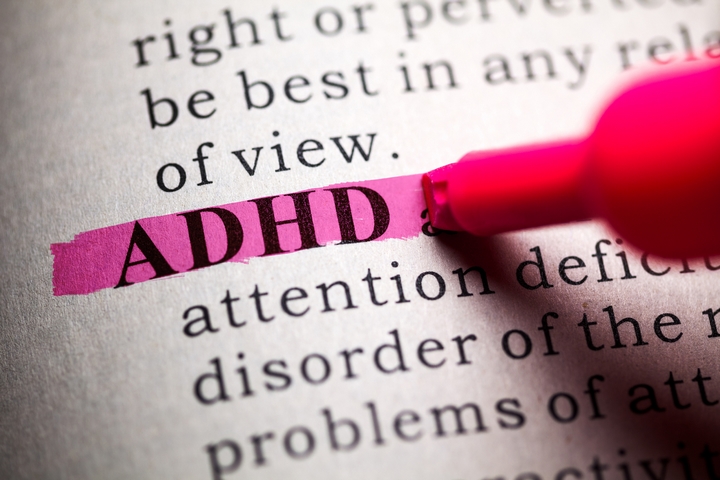
The popular Netflix show 13 Reasons Why – from the novel by Jay Asher – delves into the numerous reasons behind a teen’s unfortunate suicide. Such reasons include bullying, harassment and sexual assault. The success of the show is understandable; it was Tom Wolfe who said that high school is the quintessential American experience, and it’s not a stretch to find something with which one can identify in a show about the stresses of being a teenager.
Most teen angst is ascribed to raging hormones, which feels like somewhat of a write-off considering the many factors the human mind and body are going through in those crucial, formative years. Emotions are heightened to almost soap opera-level hysteria. Issues and social faux pas that later in life feel trivial are paramount.
There are, however, numerous other factors that society rarely considers. Here are just some of the underlying causes of depression in teens:
1. Academic Stress

It’s not entirely biological. Outward social pressure in the maturation of an adolescent can easily lead to depressive thinking. Teens are pressed to succeed academically in ways they aren’t later in life. It’s the first time a person seriously has to consider their future – a daunting task – and even with dumbed down standardized tests on the rise and a largely underpaid staff of educators, the fear of failure is not to be taken lightly.
In university and college – while one is still maturing – their success or failure is at their own behest. In high school, parents and teachers can push just too hard for a youthful mind to handle. If the pressure gets too much for the teenager, it might be best to discuss this with a licensed therapist for professional help.
2. Peer Pressure

In the post-Columbine world, North America took notice of the dangers of peer pressure. Trivial though it later may seem, navigating untested waters of society for the first time can be frightening. But popularity is significant to a young mind, and avarice is the sin of the dejected. This can lead to all kinds of dangerous or illicit activities; that which is taboo is often the most tempting. Drugs and alcohol often factor in, and for those with genetic predispositions to addictive behaviour or a hereditary condition, it may well go beyond popularity.
According to the CDC, 11 per cent of all alcohol in the United States is consumed by people aged 12 to 20. On average, underage drinkers tend to consume more in one sitting than an adult drinker.
3. Romantic Problems

Of the things in a teenager’s life that is most complicated, relationships are the hardest. Romantic entanglements are often one of the leading causes of depression in teens. It’s complicated enough for an adult to get it right, youths are even more likely to make mistakes. And that’s if they’re capable of approaching the object of their desire in the first place. The nerve it takes to do so leaves a scar on the mind. Few out there don’t remember the first time they asked someone out.
4. Divorce

The good news is that the newest generations of young parents are divorcing less than previous, but that doesn’t mean the outliers are not destructive to a teenager’s wellbeing. Trying to wrestle with all the personal issues in one’s young life, they find themselves suddenly thrust into parental matters. If handled poorly, the stress of divorce and custody battles could lead to the causes of depression in teens.
Even taking the emotional impact out of the picture, the likely financial struggles the family unit will incur can cause stress and depression. It also results in a loss of trust in figures of authority, something that can become a lifelong pattern.
5. Attention Deficit Hyperactivity Disorder (ADHD)

Teenagers with ADHD – a condition steadily on the rise given the numerous distractions technology has provided them – are more likely to develop depression. Symptoms include difficulty concentrating, a lack of impulse control and excessive activity.
Recent studies have shown that a cell phone, or Facebook, can worsen this condition. The way the brain is wired, endorphins are actually released when someone “likes” or “comments” on a photo of yourself. Without that recognition, a teen’s already stifled self-confidence can multiply.
6. Feelings of Helplessness

In 2016, Time Magazine’s “The Kids Aren’t All Right” explored the story of an 18-year-old girl who began cutting herself. She used the brief, superficial wounds as moments of escape from a crushing feeling of anxiety she felt every other moment of her life. To her, getting up and going to school in the morning was “like climbing Everest.”
Too often, we think of youths today as pampered, or helicoptered, by their elders. But according to the Department of Health and Human Services, approximately 3 million teens in the U.S. had at least one major depressive episode. That’s to say nothing of the statistics left unchecked.
7. Heredity

If you have a child, it’s important to know your family’s psychological history. Some people have a genetic predisposition for depression which can increase dramatically when all the other factors of being a teenager are taken into account. Biologically, depression is related to a reduced level of serotonin in the brain, causing a chemical imbalance. Though it is possible for depression to skip a generation, it’s crucial to watch for signs of depression including apathy, stomach pains and restlessness.
